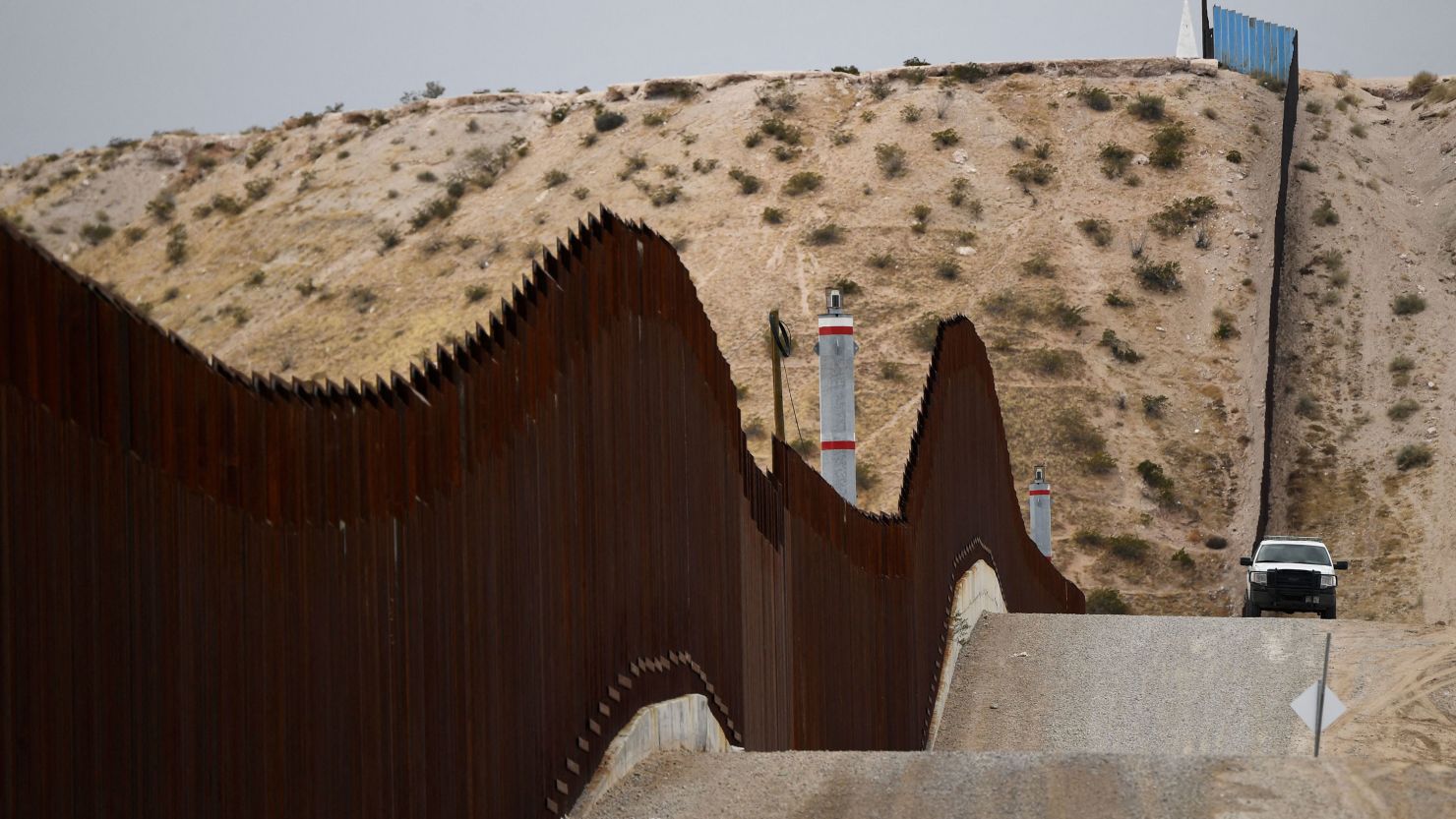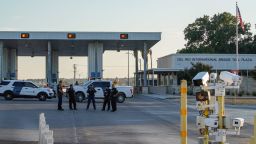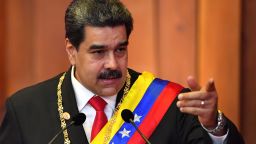“The news hit me like a bucket of cold water,” says Alejaidys Morey, a 30-year-old Venezuelan woman, who until this week was planning to start traveling towards the United States.
On Wednesday, the US announced that it is expanding Title 42 — a pandemic-era provision that allows migration officials to expel illegal migrants to Mexico on public health grounds — and unveiled a new program to allow some Venezuelan migrants to apply to arrive at US ports of entry by air with a cap of 24,000.
Both plans are designed to dissuade Venezuelans like Morey from attempting to enter illegally and dangerously overland through the US-Mexico border.
But many migrants who are already en route tell CNN that the Biden administration’s decision leaves them in agonizing limbo, after having already given up everything to begin the trek northward.
They also point out that the new airport entry program favors the wealthy and well-connected — in other words, Venezuelans who can afford to fly northward in the comfort of an airplane.
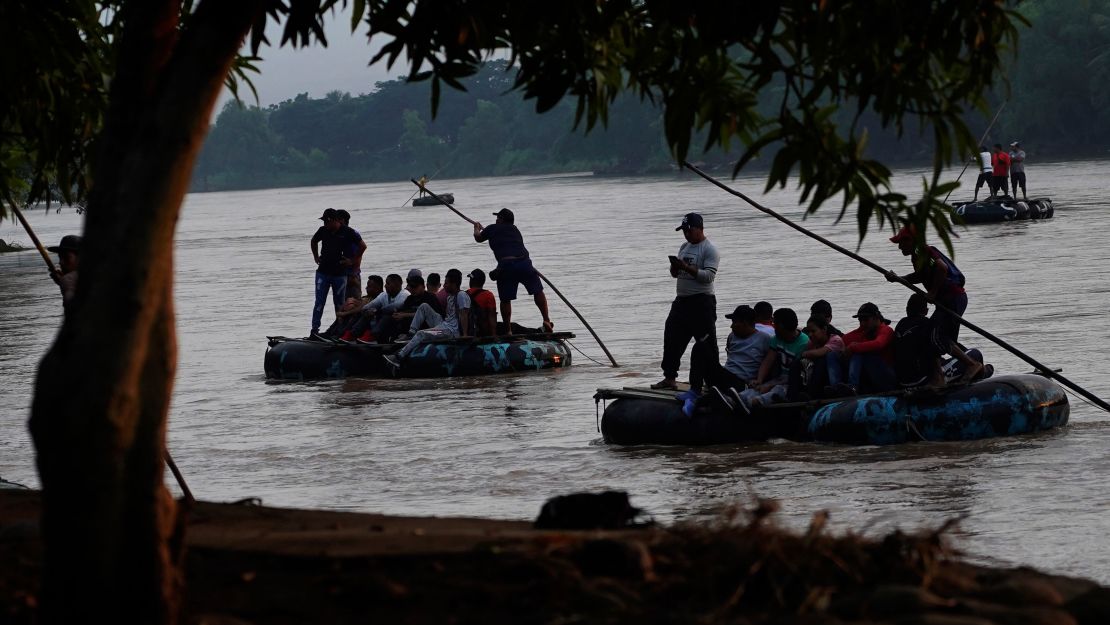
The Venezuelan migration crisis is more acute than ever. More than seven million Venezuelans now live abroad, according to new figures released this month by the United Nations, fleeing a humanitarian crisis in their home country.
Most live in other South American countries – there are more than two million in Colombia alone — but in recent months a growing number have started to head north to the US through Central America and Mexico, as living conditions deteriorate amid the Covid-19 pandemic and a global food crisis.
As a result, the number of Venezuelans apprehended at the US southern border is ballooning. Up to 180,000 Venezuelans have crossed the border over the past year, according to the Department of Homeland Security.
A disqualifying route
Panama and Mexico form a geographical passageway for overland travelers coming from South America. Under the new US migration provision, any northbound migrant entering Panama or Mexico illegally will be ineligible from the program.
The journey that Morey, her husband Rodolfo and their three children planned would have been just that. They aimed to travel first to the town of Necocli in Colombia, and then hike into Panama via the Darien Gap, a 100-kilometer stretch of jungle that is impassable by road.
Despite the myriad dangers, 150,000 migrants have crossed on foot so far this year, according to Panamanian authorities.
Morey, who is currently in Colombia, says a return to Venezuela is impossible. In 2018 her family sold their home in Santa Teresa del Tuy, an impoverished town some 30 kilometers southeast of Caracas, for US$1500 to pay for the journey to Colombia.
Now, she feels she’s been thrown into limbo. Like so many others, she cannot afford to pay for a transcontinental flight — much less for her entire family.
“Under these circumstances I have nowhere to go… I am scared: what can I do?” Morey told CNN.
Her situation is the norm for most of the migrants who are currently traveling north.
“After so much pain, so many obstacles we had to overcome, now we’re stuck. We are in Necocli and have nowhere to go…” a Venezuelan migrant who asked to be identified only as José told CNN.
Up to 10,000 migrants are waiting in the town to cross the bay to the Darien Gap, according to local authorities, but some are now reconsidering their next move.
“I’m in pain, I don’t know what to do now,” says Ender Dairen, a 28-year-old Venezuelan who was planning to join a group travelling north from Ecuador. But his plans changed after speaking with other migrants online.
“A couple friends are thinking of just settling down wherever they got to, somewhere between Costa Rica and Nicaragua,” he told CNN. “Every person you speak with says the same thing: the whole route collapsed; we can no longer travel.”
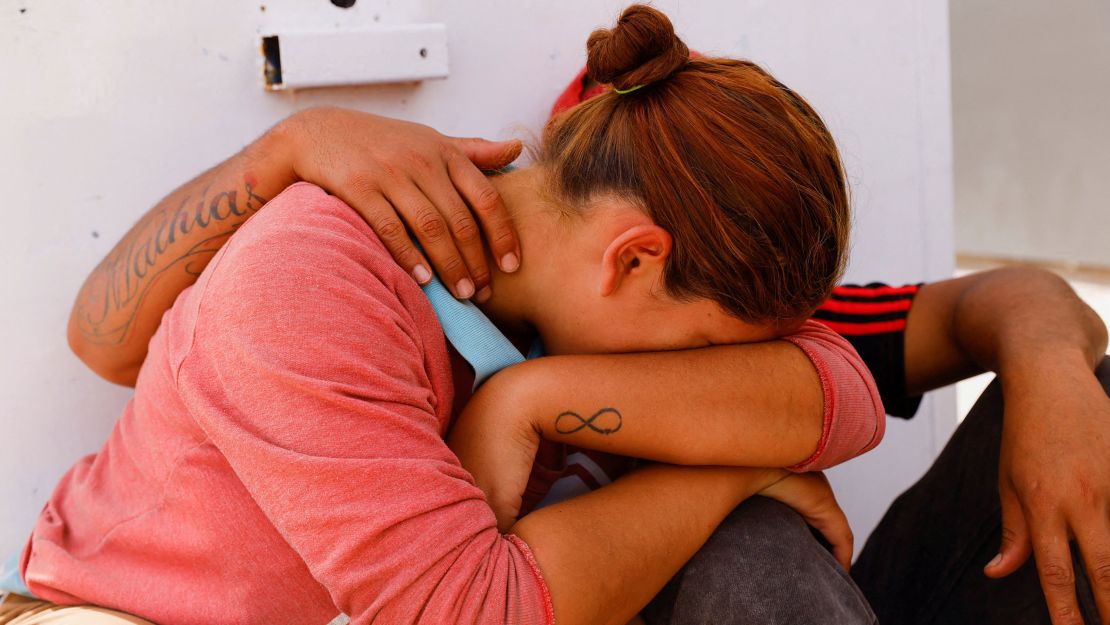
A ‘cruel’ policy
In a call with reporters on Thursday, senior Homeland Security official Blas Nu?ez-Neto said the goal is to reduce the number of migrants approaching the US southern border illegally, and at the same time to create a legal pathway for those eligible.
But the plan drew rare criticism from members of the Venezuelan opposition, who are generally aligned with Washington in their struggle against Venezuela’s authoritarian leader Nicolas Maduro.
“The US Government announced a cruel migratory policy, that makes the situation of thousands of Venezuelans more painful,” tweeted Henrique Capriles, a two-time presidential candidate and one of the few anti-Maduro leaders still living in Caracas.
Carlos Vecchio, the official representative of the Venezuelan opposition in Washington, also tweeted that the plan “insufficient for the magnitude” of Venezuela’s migration crisis.
“We recognize @POTUS’ efforts to seek alternatives to the migration crisis through Humanitarian Parole, for orderly and safe migration for Venezuelans,” he said.
“But the 24,000 visas announced are insufficient for the magnitude of the problem. A reconsideration is necessary in this regard.”
The Venezuelan government has not commented on the new US policy.
But humanitarian organizations, such as Doctors Without Borders (MSF), have echoed others’ criticism that 24,000 legal permits are not enough — and insist that expulsion of others to Mexico under Title 42 should not be permitted.
“We are shocked by the Biden administration’s decision to start expelling Venezuelans under Title 42, a cruel and inhumane policy that has no basis in safeguarding public health that should have been ended long ago,” said Avril Benoit, Executive director at MSF in a statement.
“While we welcome the rollout of a special humanitarian parole program for Venezuelans, ensuring safe pathways into the US should be the norm and not the exception.”
Rights activists argue that asylum seekers should have a chance to present their cases in the US before being turned back.
Still, some migrants say they see a glimmer of hope in the Biden administration’s new stance.
Oscar Chacin, 44, a boxing instructor who had considered the idea of traveling to the US via Central America for weeks, told CNN that he now sees a legal pathway to migrate.
“For me, it’s actually better. This will make things worse for so many people, but for me it’s good,” he said. “I have relatives in the US, some friends and some former boxing students, some of them will be able to sponsor me and my family.”
His son, Oscar Alexander, is already in Mexico and entered before the new US immigration rules were unveiled.
“He will stay there, now. He’s already looking for a job, and we will present the documentation as soon as we find the sponsor,” Chacin said.
“Then we will wait for the paperwork. Maybe one, maybe two years, but we will make it, I’m sure!”
